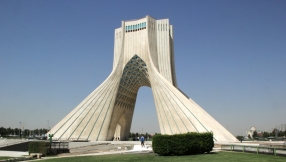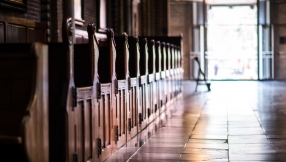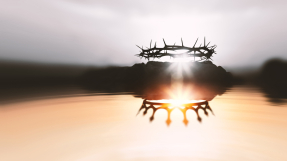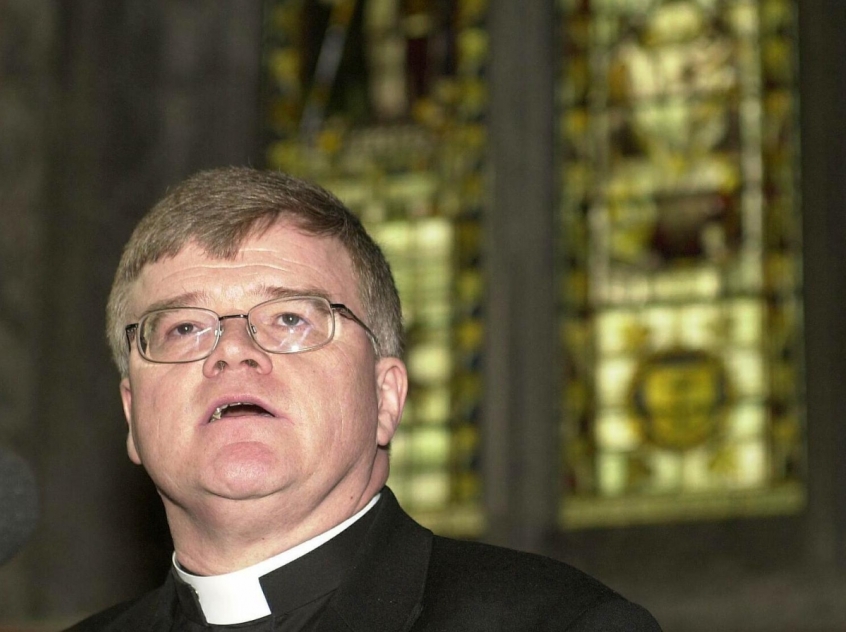
At first sight, the controversial 'non-appointments' of Philip North and Jeffery John as Bishops seem to have little in common.
If you've missed the news, Philip North was the man nominated to become Bishop of Sheffield. But he withdrew his name after ferocious protests from some Anglicans unhappy with his traditionalist stance on women priests. And Jeffery John was in the running to become Bishop of Llandaff. A figure of controversy for some years, his candidacy failed to achieve the two-thirds majority required in the electoral college used by the Church in Wales for such appointments. He has since hit the headlines by accusing some of those involved of homophobia.
There are, of course, significant differences in these situations. Although both men hail from the high-church end of the Anglican spectrum, Philip North might often be labelled as 'conservative' because of his theological objection to ordaining women, whereas Jeffrey John would be seen by many as 'liberal' because of his belief that permanent gay relationships are equivalent to heterosexual marriage and should be celebrated by Christians. And of course the former was nominated – but withdrew, whereas the latter was nearly nominated – but wasn't.
Moreover, many supporters of each man would be outraged if it was implied there was a moral equivalence between the respective matters on which each has taken a particular and strong stand. I am not going to suggest that!
However, there is a similar underlying issue. And it is quite simply that on many key matters, Anglicanism in Britain is unable to assert with confidence whether some things are clearly 'right' or 'wrong' – or legitimately 'adiaphora' (a term from Stoic thought meaning 'actions that morality neither mandates nor forbids'). Instead, there is endless fudging and obfuscation. In this sort of climate, almost any potential bishop taking an unambiguous stand on anything contentious – be it on one side or the other of a particular issue – will face a firestorm of fury, as both Philip North and Jeffrey John have found out. And so it is easier to appoint people who are slightly less clear on contentious issues, appeasers of different views, rather than teachers of truth – for in today's Anglicanism, it turns out the truth is unclear.
But by their very nature, some of today's contentious issues cannot simultaneously be 'right' and 'wrong' and 'adiaphora' within the same organisation. As Jesus puts it, 'a house divided against itself cannot stand'. Too often Anglican leaders in the UK sound like the caricature vicar of satirical magazine 'Private Eye', the legendary Revd JC Flannel, who always says something like: 'Well, you know, on the one hand... On the other hand... In a very real sense...' With the best will in the world (and I do pray for them), I for one am honestly unclear what the Archbishops of York and Canterbury believe about truth, error and church discipline in general, and sexuality in particular.
To take another example: if the Church of England genuinely believes it is 'right' and of the Lord to encourage 'mutual flourishing' among those with different views on the ordination of women, as it so often claims, a bishop with similar views to Philip North – and who is robust enough to withstand the criticism he faced – needs to be appointed, and soon. If no-one is going to do this, then the church should be clear it doesn't actually believe mutual flourishing is right. If that happens, traditionalist Anglo-Catholics will go off to the Ordinariate and conservative evangelicals will probably appoint their own bishops regardless or import them from overseas. But at least everyone will be clear.
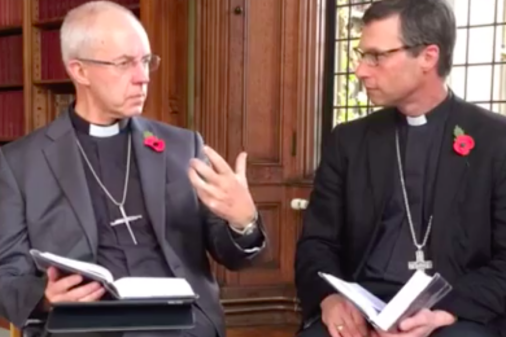
Similarly, the Church in Wales needs to decide what it believes to be 'right' for a bishop to teach on matters of human sexuality. If they believe a bishop should teach that stable gay relationships are akin to marriage, they should go back and appoint Jeffery John. If they believe they are sinful, they shouldn't. We all have our views on this. But one thing that definitely doesn't work is for confusion to reign – for how are the faithful to know how to live, and of what sins are we calling people to 'repent and believe the good news'? Homosexual acts? Homophobia? Both? Neither?
I was once in a meeting of clergy a few years ago, and I can't remember the precise subject of discussion, but I do recall one minister sighing in weary exasperation as we talked around whatever the issue was before pronouncing: 'The problem is the elephant in the room – the absence of a shared set of beliefs.' He later became a Roman Catholic.
Philip North and Jeffery John are – albeit with very different defining convictions – both victims of a church trying unsuccessfully to face in several different directions at once. Some might rejoice that this is Anglicanism's so-called 'via media' or 'middle way' between 'extremes'. But to most people, it looks less 'via media' and more 'via muddle'. And yet, ultimately, I do not despair. After all, it is because we humans tend to make a real mess of things that Jesus came in the first place. And so once again I lift my eyes to him and pray, 'Lord, have mercy'.
David Baker is a former daily newspaper journalist now working as an Anglican minister in Sussex, England. The Rough Guide to Discipleship is a fortnightly series. Find him on Twitter @Baker_David_A








